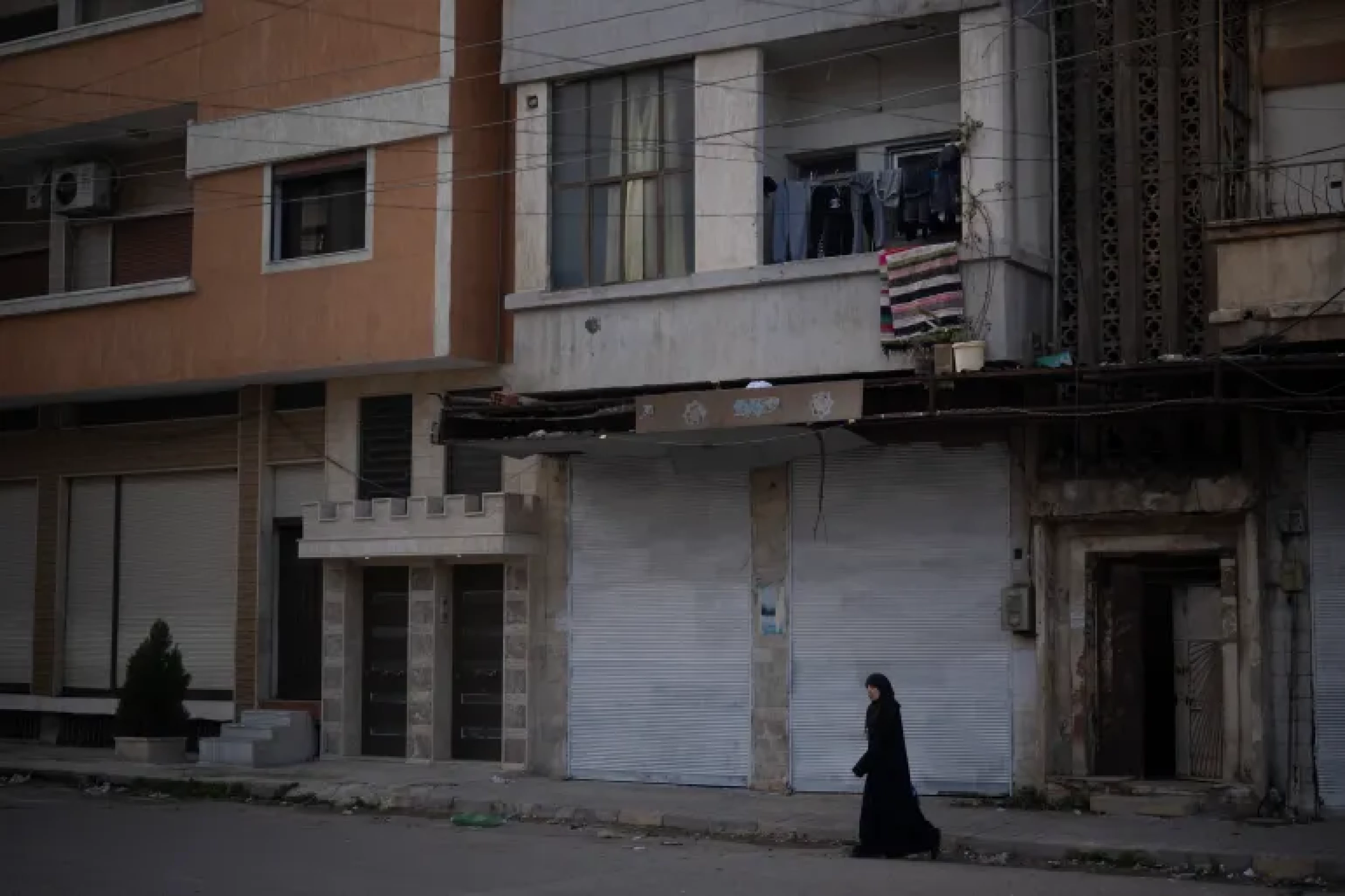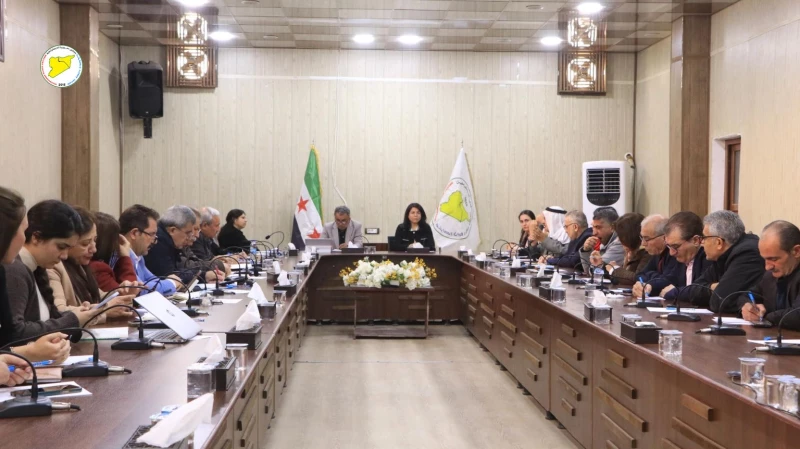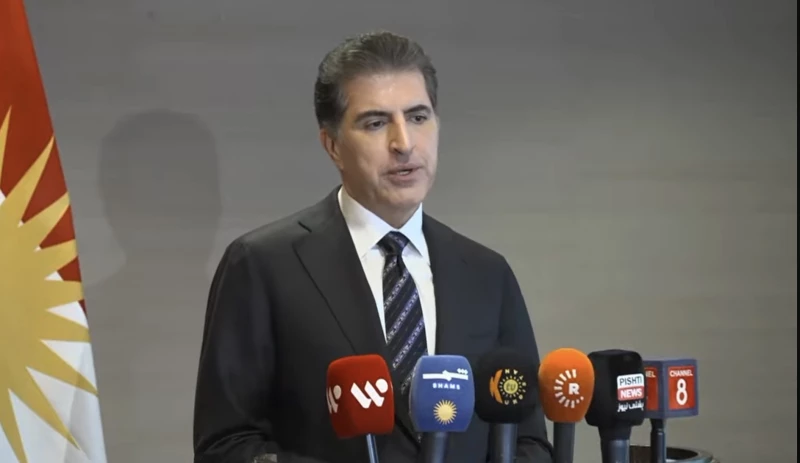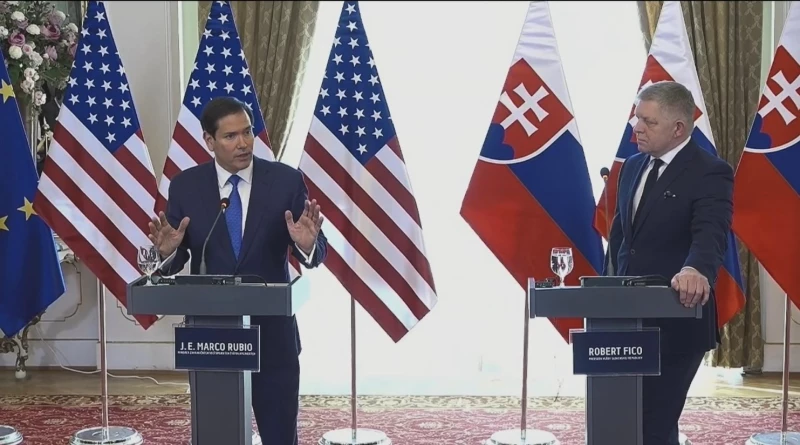ERBIL, Kurdistan Region of Iraq – The first public trials for those accused of atrocities during the March coastal violence targeting Syria’s Alawite community in the west are set to begin Monday, a government committee tasked with probing the violence announced.
Violent clashes broke out in early March between Syrian security forces and loyalists of ousted former President Bashar al-Assad along the western coast of the country after 16 security personnel were killed in an ambush by pro-Assad militants.
The incident prompted a violent retaliatory spree from the security forces, which was widely condemned by regional and international states and bodies. At least 1,400, mostly Alawite civilians, were killed in the violence, according to verified figures.
“The first public trial sessions for those accused of committing violations during the events in Syria’s coastal region on March 6, 2025, and thereafter, will begin this morning,” committee chairman Jumaa al-Anzi said on X.
Describing the trials as “pivotal moments” in Syria’s history, Anzi affirmed that they “reflect a Syria that is establishing the foundations of justice and transparency, strengthening confidence in the judicial system, deterring criminals, respecting the rights of the accused, and guaranteeing fair trials.”
“This is the new Syria,” he asserted.
Following the March violence, Syrian President Ahmed al-Sharaa ordered the formation of a committee to investigate the escalations and report their findings to the presidency.
In July, the committee submitted its final findings, verifying the names of at least 1,426 people who were killed during the events.
Syria’s western coastal region is heavily populated by members of the Alawite minority - an ethnoreligious group to which the Assad family belongs, and which enjoyed certain privileges under the rule of the ousted president.
“We are aware of the magnitude and complexity of the events of the coastal region and the precision and thoroughness it requires in legal grounding, prosecution, arrests, and all related details,” said Anzi, calling the trials of “paramount importance” to the victims’ families.
In late September, Human Rights Watch (HRW) and Syrian civil society organizations called on Damascus to take responsibility for grave human rights violations committed during the March events.
“In many cases, they [government forces] moved house-to-house, demanding to know residents’ sect, looting valuables, torching homes, and executing children, women, and men, including older people, often using overtly anti-Alawi slurs and rhetoric. In some places, fighters wiped out entire families,” the joint report said.



 Facebook
Facebook
 LinkedIn
LinkedIn
 Telegram
Telegram
 X
X


